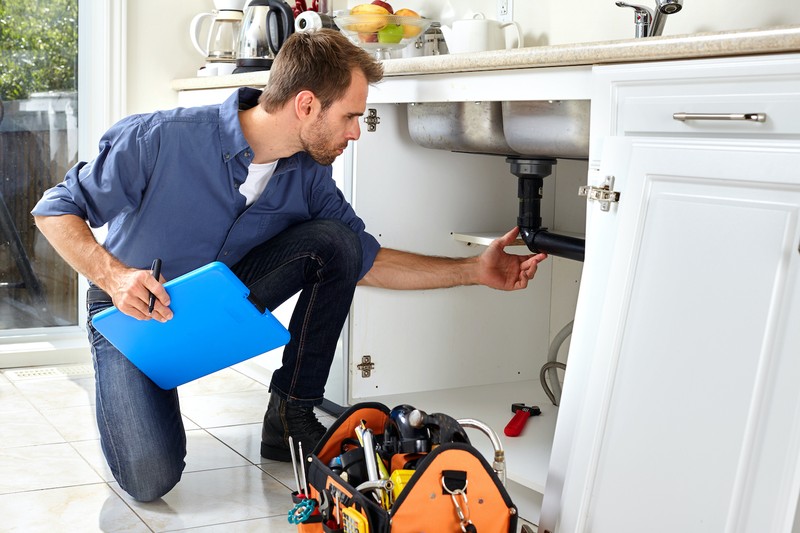There has always been a constant debate on whether house repairs should be done by the landlord or the tenant. It sometimes causes some arguments and misunderstanding between the two parties, especially on delicate matters such as blocked drainage. This issue is very important because drains tend to block as time goes by, caused by food residue and other trash that might get stuck in there as you go about your day-to-day activities.
Since this is a matter that should be discussed when renting a space, whether you are a landlord or the tenant it is important for you to know the extent of your responsibility and how to keep yourself from being short-changed by the other party.
Good news is, in Australia, there is a self-funded statutory authority called Residential Tenancies Authority (RTA) which establishes the rights and responsibilities of parties to a residential tenancy. RTA was able to come up with a shortlist of who pays for what when blocked drains become a problem. As a resident, you may also ask for their assistance or services.
LANDLORD’S RESPONSIBILITY
As the landlord, your primary responsibility is to ensure that your property is fit for habitation. This does not only refer to the overall aesthetics of the house, but more importantly to the things that are not typically seen such as the plumbing and drainage system. The landlord should be transparent about issues within the property and write it down in the tenancy agreement. It would also help if from the beginning, you have already included in the agreement the responsibilities and limitations of each party to avoid future disputes.
However, it is important to note that while you may state your conditions in the agreement, as a landlord, you also have a fair share of responsibility especially on common household issues such as blocked drains. You will take the necessary actions if:
- the damage was caused by the landlord
- the damage is nobody’s fault, then as the owner of the property, the landlord has to take full responsibility
- the blockage is caused by fair wear and tear, such as drainpipes, natural disasters, tree roots, etc.
TENANT’S RESPONSIBILITY
Before signing the tenancy agreement, it is important for the tenant to ensure that the property is in good condition, and that certain agreements when it comes to property maintenance should be put into writing. As the tenant, it is your obligation to take care of the house and make the necessary minor repairs and updates that would, after all, be for your own comfort and convenience.
Do take note that blocked drains will become your responsibility if:
- the tenant caused the blockage, such as food build-up, chunks of human hair, objects that fell on the sink, sanitary products, or trash that got stuck
- the tenant damaged the drain pipes that resulted in blockage
If the blocked drain is an emergency, the tenant may opt to shoulder the cost of removal and repairs first and work it out with the landlord later. The important thing is not to leave blocked drains unattended; otherwise it might lead to more serious damage to the property and even to the overall well-being of the whole family living inside the house.
As the landlord, it is best to have your pipes cleared and checked for any damages or blockage before having your house rented out. And for renters in Sydney, it would come in handy if you contact local blocked drain plumber Sydney services to check the drain pipes before settling in. It gives some peace of mind to both parties and helps avoid future misunderstanding since everything is in order before the lease even begins.

